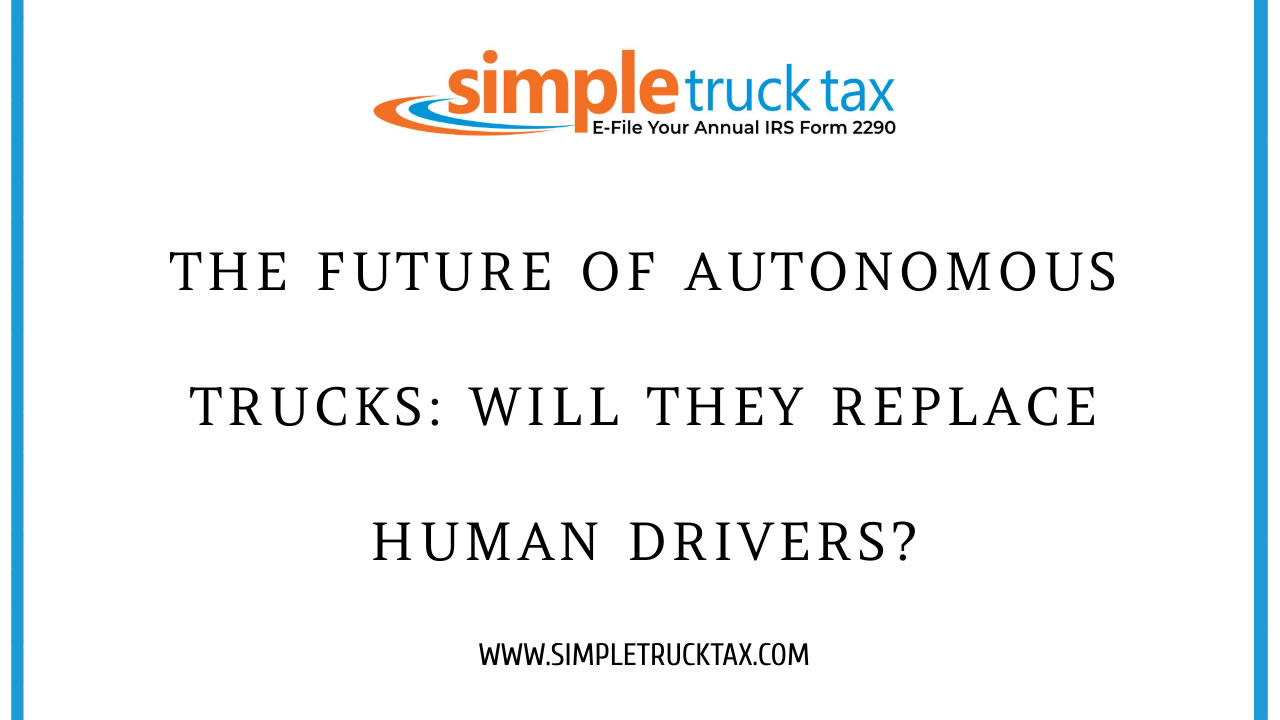
The Future of Autonomous Trucks: Will They Replace Human Drivers?
The future of autonomous trucks is a topic of great interest and debate. As technology continues to advance, it is becoming increasingly likely that autonomous trucks will play a significant role in the transportation industry. However, the question remains: will they replace human drivers?
Proponents of autonomous trucks argue that they offer numerous benefits. For one, they have the potential to greatly improve road safety. Human error is a leading cause of accidents, and autonomous trucks can eliminate this risk by relying on advanced sensors and algorithms to navigate the roads. Moreover, autonomous trucks can operate 24/7 without the need for breaks, reducing delivery times and increasing efficiency. They can also help address the shortage of qualified truck drivers, as well as offer cost savings for trucking companies by reducing labor expenses.
On the other hand, there are concerns about the impact of autonomous trucks on employment. The trucking industry is a significant source of jobs, and the widespread adoption of autonomous trucks could potentially lead to significant job losses for human drivers. Additionally, there are challenges that need to be addressed before fully autonomous trucks become a reality. These include regulatory hurdles, cybersecurity risks, and public acceptance.
It is important to note that the future of autonomous trucks is likely to involve a hybrid approach, with both autonomous and human drivers working together. While autonomous trucks can handle long highway stretches and repetitive routes, human drivers will still be needed for more complex tasks, such as navigating through urban areas or dealing with unexpected situations.
While autonomous trucks hold immense potential, it is unlikely that they will completely replace human drivers in the foreseeable future. Instead, we can expect a collaborative approach, where autonomous trucks complement the work of human drivers, improving safety and efficiency in the transportation industry.